Proud to be a licensed 5-Star establishment
(Animal Welfare Regulations 2018)
Pet Poisons
Our pets are often mischievous and get into things that they shouldn’t; most of the time with little more consequence than perhaps being told off. However, should your pet ingest any of the below, the consequences may be much more dire. If you think your pet has eaten any of the poisons listed, contact your vet immediately.
Food poisons
- Chocolate
- Xylitol
This is an artificial sweetener used in a wide array of human food including but not limited to marshmallows, peanut butter and chewing gum. Often foods which are sugar-free will have had xylitol added to them.
- Macadamia Nuts
- Some varieties of mushroom
- Onions, Garlic, Chives
Whilst you probably won’t feed our dog onions or garlic on their own, be aware that the majority of gravies and sauces will add onion and /or garlic powder in their recipe. Those scrapings from Sunday’s roast dinner can actually be very bad for your pup!
- Grapes, Raisins, Sultanas, Currants
- Caffeine
- Avocado
- Alcohol
- Salt
Salt on its own may not be appealing to your pet, but foods that have a high quantity of salt are and are likely to do damage. For example, crisps, gravy, bacon and processed foods such as pizza and chips.
Non-food poisons
- Flowers/Plants including Lilies and Chrysanthemums
- Rat/Mouse Poison
- Human Medications
Whilst the vet may prescribe some human medications such as Piriton, it is important to never give your pet human medication unless under instruction from a vet as the dosage and quantities differ vastly based on different factors, and overdosing can result in your animal becoming very sick, or even in death.
- Batteries
- Antifreeze
- Permethrin
Permethrin is a type of insecticide that can often be purchased over the counter to treat dogs for fleas. It is not toxic to dogs; however it is fatally toxic to cats and marine life. Even if your cat simply rubs against your dog after applying permethrin, it can result in a severe reaction.
- Weed Killers & Pesticides
- E-cigerettes/vapes
- Hand Warmers
- Blue-Green Algae
This is not algae but actually cyanobacteria clumping together. It occurs most in non-flowing and stagnant water, and if ingested can lead to fatal liver failure. Do not let your dog swim in or drink from water that may contain blue-green algae.
- Mould
Do not feed your dog any food that has traces of mould on it – this could be food scraps or even in your pet’s food as occasionally moisture breaches the packaging. Check that all food is fresh before feeding to your pet.
Symptoms of Poisoning
If your pet experiences some or all of these symptoms and you suspect they have been poisoned, speak to your vet immediately.
- Vomiting
- Diarrhoea
- Excessive drooling
- Drowsiness
- Disorientation
- Lack of Appetite
- Lack of Energy
- Pain
- Ulcers in the Mouth
- Seizures